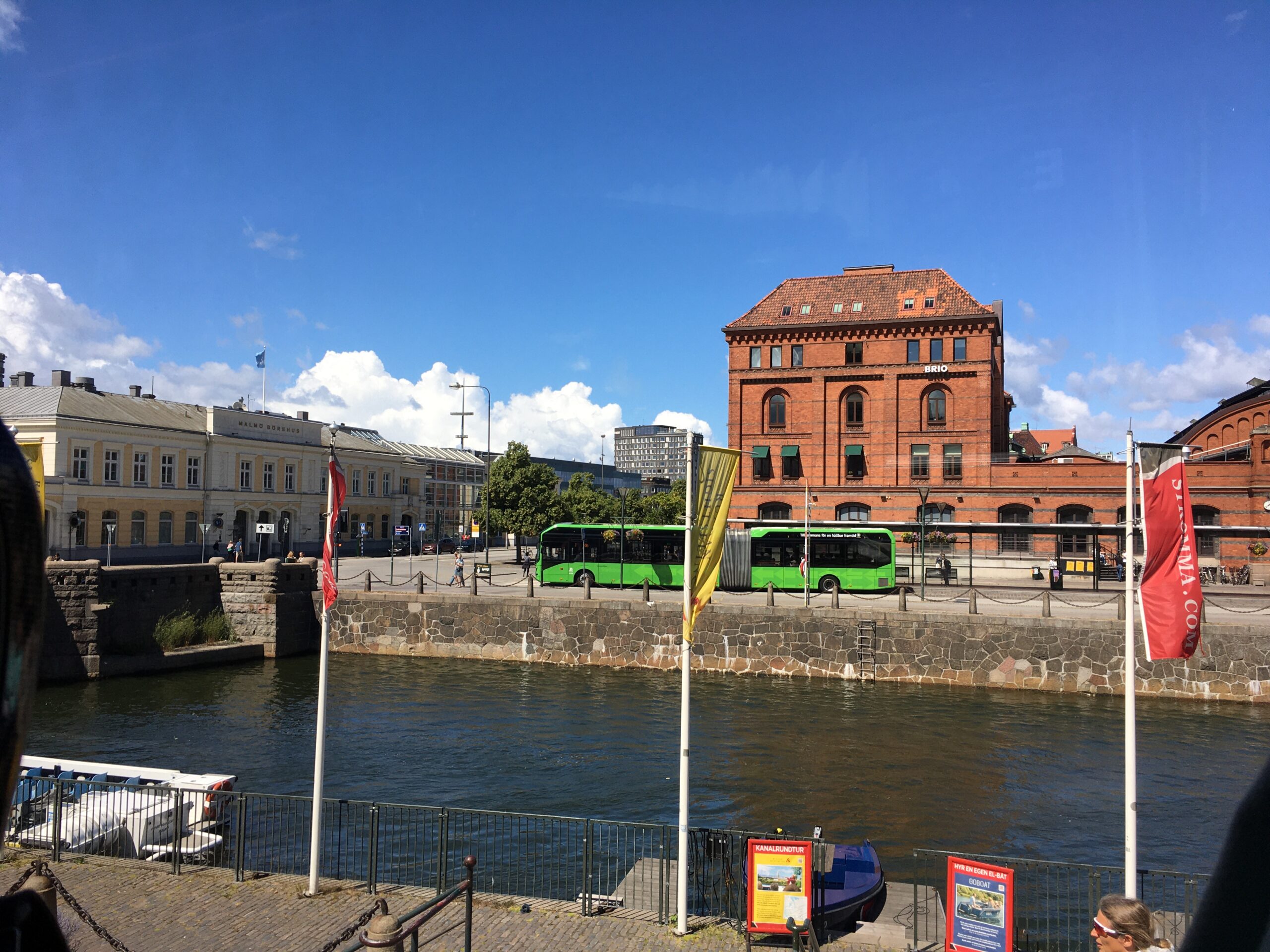
W3 – Working Culture
You’ll see often that most shops and museums close early, around 6:30 or even 5 PM most days. Restaurants and Gothenburg’s largest amusement park, Liseberg, close later, given the nature of their work. While planning my itineraries, I saw the narrow opening times; although they closed early they didn’t have to necessarily open early either, their opening times ranging from 10 or even 11 AM at the earliest. These are the summer hours, too, although I assume the other seasonal hours don’t differ by much. Most Swedish citizens also get around a month off for vacation yearly, which most take off during the summertime, so that they can enjoy the long days, where the sun rises early and sets around 10 or 11 PM. This isn’t even mentioning the benefits Swedish citizens get in exchange for their relatively high taxes.
As an American, this sort of laid-back work culture is alluring. I’m not familiar enough with it to say that it’s low-stress, but compared to American philosophies of work, it’s a walk in the park in comparison. I, myself, have modest aspirations for my future. I’d like a routine schedule, with plenty of time outside of work to focus on my social circle and my hobbies. However, I know so many people who have grand dreams of wealth and status, which they wish to attain through hard work. I can understand the appeal in the determination to make something of yourself; maybe something so great you can leave your mark in the sea of people that will come and go. But when this thought process becomes so mainstream that it affects every single person living under it, it grasps you in a choke-hold in your struggle just to keep afloat.
People have different dreams for their future, but under American work culture, I think that sometimes there is no choice. You can veer off the path, but you will meet resistance somewhere and somehow. Surely I do not yet have the necessary experience to comment fully on Swedish work culture, but from what I’ve seen so far, it’s something I much more prefer.
Although, for tourists, these narrow opening hours do make it more difficult to plan out itineraries. However, a lot of Gothenburg’s (and some other places in Sweden) attractions also include a lot of green spaces, which are usually open all-day and year-round. Botanical gardens, palace grounds, and many large parks to sit and relax, grill barbecue, or go for a walk with children or pets. Or, one could go for a walk along the canal, where the water glistens and sparkles from morning to night.
Another thing I was told was that not only do Swedish people get off work early, but they also have a relatively quiet nightlife here in Gothenburg. Our summer studies program (which is tuition-free, another one of those aforementioned benefits) did have some spots allocated to Swedish students, and when asked about it, he said it was so they could sleep to prepare for the next day of work. Fair enough, I said.
